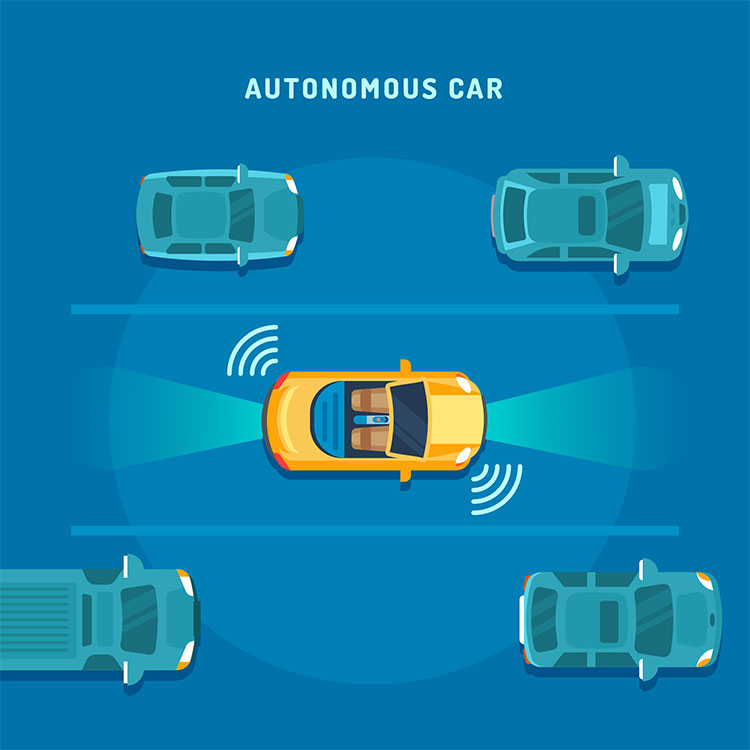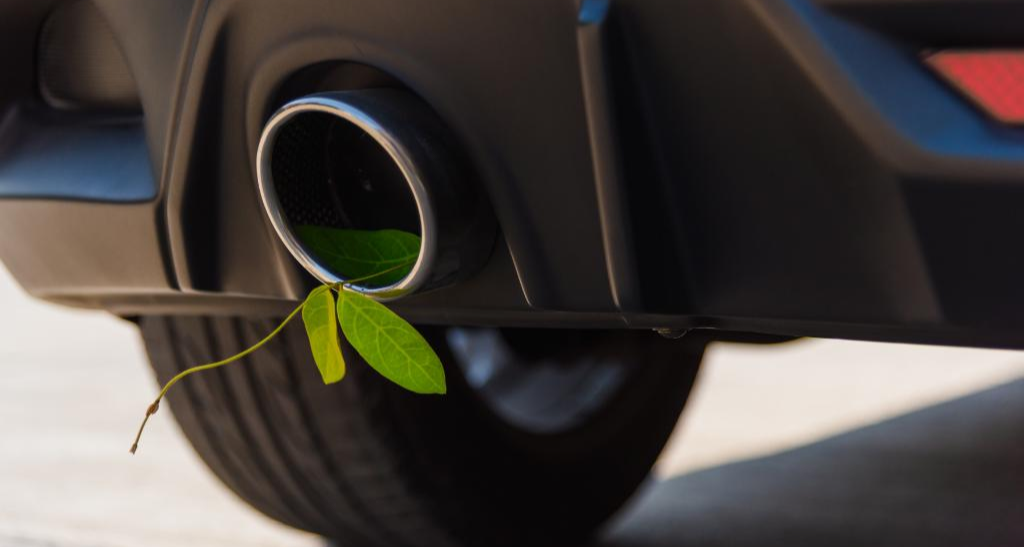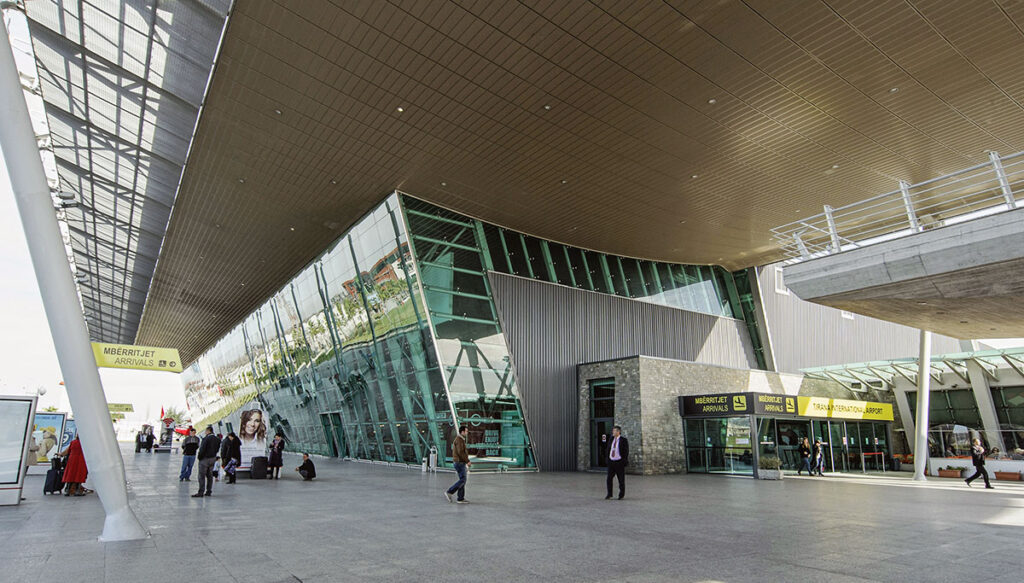The transportation sector has a significant role in greenhouse gas contributions, producing approximately 20% of the global direct CO2 emissions in 2023 .
No industry is embracing digital transformation more enthusiastically than the automotive industry, by reshaping future mobility solutions. Mobility-as-a-Service (MaaS) is claiming that through the use of their services, they can reduce emissions by offering their users an easy solution for transportation.


Routing solutions will take into account everything from transportation costs to traffic, weather, road and vehicle conditions. This will help to find a door-to-door transportation solution without any delays.
Shared mobility through car-sharing platforms is without doubt a powerful piece of artificial intelligence (AI) software, deploying many tools and frameworks as transportation solutions for their users.
The city of Oxford in the United Kingdom has prepared a net-zero carbon roadmap. By specially underscoring car-sharing’s emissions, they hope to achieve a 15% decrease in emissions by 2025, 25% by 2030, and 30% by 2040.

According to a study by Transport and Environment , congestion costs the EU economy $100 billion annually, but car-sharing does hold some essential advantages over other automobile MaaS platforms. A shared vehicle is moved up to five times more frequently on average than a private car, but 1 shared car replaces between up to 20 private cars , thus helping reduce congestion in urban spaces. Another study by the Federal Environment Agency in Germany reveals that 6 million CO2 ton emissions, or 4% of the transport emissions in Germany, can be reduced by car sharing schemes.

As a consequence, by replacing up to 20 private cars with 1 shared car, 9 parking spaces for each shared car can be added to urban spaces.
In the meantime, the FEB , the spokesperson for Belgian businesses committed to an optimal entrepreneurial and investment environment, declared that 50% of the employees admitted to encountering problems reliant on mobility. That’s why their experts insist on the use of shared mobility as a solution. According to the Mineta Institute , carpooling could also reduce traffic congestion by as much as half, accordingly improving the environmental impacts.
As the first one in Balkans, Rentout car rental platform combined with car-sharing and carpooling services in Albania, Kosovo, North Macedonia and Montenegro, will clearly contribute to traffic congestion and cheap transportation by improving in the meantime the environmental impacts.

Regarding the future mobility, McKinsey says nearly 55% of Gen Z vehicle owners are inclined to share their vehicle with others by questioning the necessity of car ownership.
Our car is a second living room for all of us, and we’ll make sure to give your asset back in the same condition you gave it, by implementing four important elements. 1. Our insurance covers three parties: the client, the host, and the vehicle itself. 2. A camera-based system that checks the vehicle before and after use. 3. The use of the telematics and GPS services with strict data protection policies. 4. Clients and hosts will be given a rating through reviews.
Together, we will take car sharing and carpooling to a new level in Balkan.







